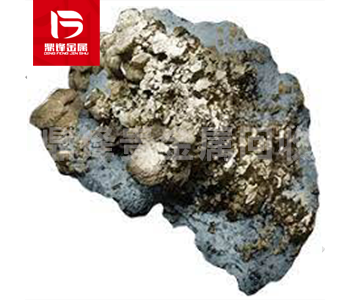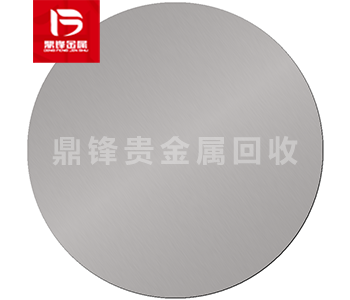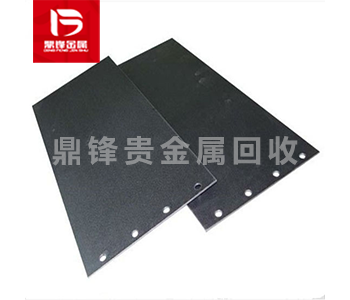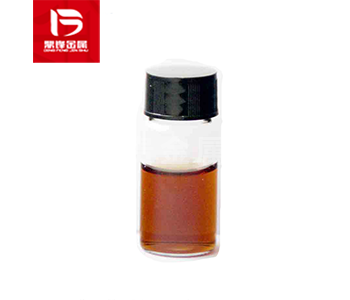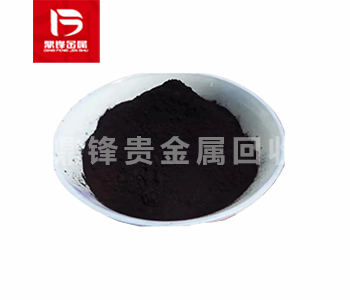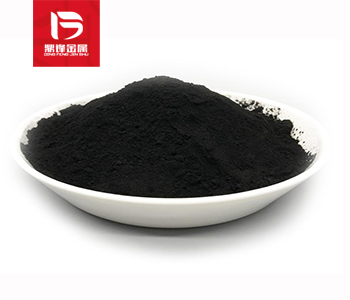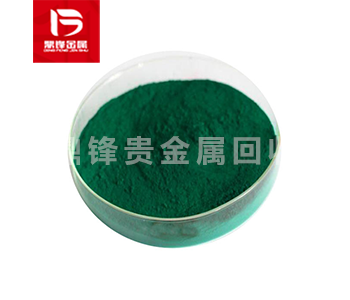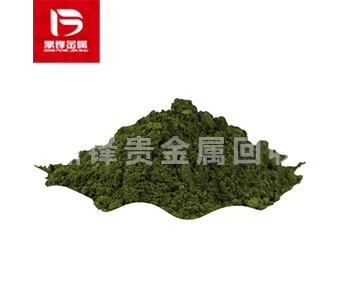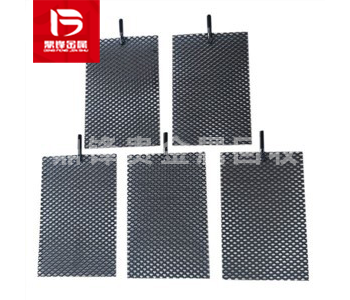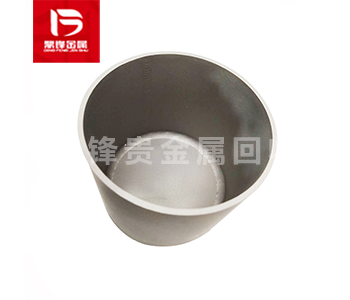A complete analysis of iridium powder recovery technology efficient extraction, application challenges and sustainable development prospects
Iridium, as a rare member of the platinum group metals, is listed as one of the most strategically valuable precious metals in the world due to its excellent high temperature resistance, corrosion resistance and stable chemical properties. Iridium-based materials play an irreplaceable role in high-tech fields such as electronic components, spacecraft propulsion systems, and industrial catalytic reactors. Driven by the concepts of green manufacturing and circular economy, iridium powder recovery technology has become a key link in the management of global precious metal resources. This article will systematically analyze the industrialization process of iridium powder recovery, the path to create environmental value, and the breakthrough direction of efficient purification technology, providing in-depth insights from a technical perspective for industrial upgrading.
1. Application fields and importance of iridium
Iridium is a very stable and corrosion-resistant metal, which makes it play an irreplaceable role in many high-tech fields. The following are the main applications of iridium:
Electronic industry: Iridium is used to manufacture high-end electrical contacts and electrodes, especially in environments that require extremely high stability and corrosion resistance, such as high-temperature sensors and batteries.
Automotive industry: The role of iridium in automobile engines cannot be ignored, especially in automobile catalysts, which helps reduce exhaust emissions and improve the fuel efficiency of automobiles.
Aerospace: Iridium's high temperature and corrosion resistance make it an ideal material for engine components and other high-tech equipment in aerospace vehicles.
Chemical industry: Iridium is also used as a catalyst for chemical reactions, especially in petroleum refining and organic chemical synthesis.
Due to the scarcity and high price of iridium, recycling iridium powder not only helps to reduce resource waste, but also helps to reduce production costs and promote sustainable development.
2. The importance of iridium powder recycling
Although iridium is extremely rare in the earth's crust, it is still in great demand due to its wide application in various industries. Therefore, the recycling of iridium is particularly important. Iridium powder recycling can achieve the following benefits:
Resource reuse: By recycling iridium powder, we can obtain this important resource without relying on mining and reduce environmental pressure.
Cost savings: The mining cost of iridium is very high, and recycling iridium powder can significantly reduce the cost of obtaining metals.
Environmental protection: Mining precious metals such as iridium not only consumes a lot of energy, but also may pollute the environment. Recycling iridium powder can reduce dependence on natural resources and help protect the environment.
3. Iridium powder recycling process
Iridium powder recycling is a complex and technical process involving multiple steps. With modern technology and equipment, iridium powder can be extracted from scrap electronic products, industrial equipment or chemical waste. The following is the general process of iridium powder recycling:
3.1 Initial separation and collection
Iridium powder recycling usually starts with separating the parts with higher iridium content from scrap equipment or raw materials. For example, discarded iridium electrodes, electronic components or catalysts are common sources of iridium. At this point, the recycling work is mainly to identify and separate the materials containing iridium, laying the foundation for subsequent extraction and refining.
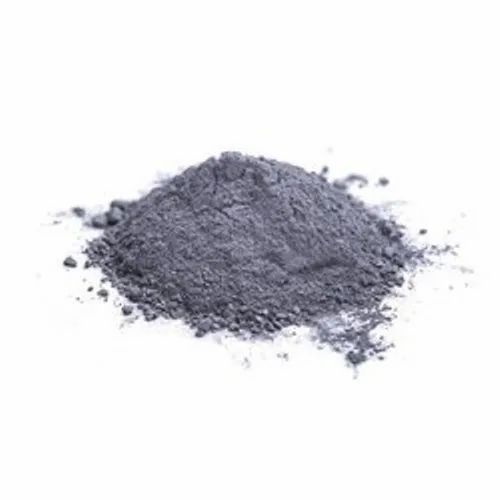
3.2 Chemical treatment
Once the iridium powder is separated, the next step is to further treat it using chemical methods. The most common chemical recovery method is to separate iridium from its alloys or composite materials through acid leaching or solvent extraction. Commonly used chemical solvents include aqua regia (a strong acid mixture containing concentrated nitric acid and hydrochloric acid), which can dissolve iridium and other precious metals.
3.3 Refining and Purification
Iridium is usually present with other precious metals (such as platinum, gold, palladium, etc.) during the recycling process, so the refining process is very critical. Common refining techniques include electrolysis and chlorination, which can effectively separate iridium from other metals and increase its purity to the required level. In this process, the recovery rate and purity of iridium directly affect the quality of the final recycled product.
3.4 Powdering and Synthesis
Refined iridium is usually converted into iridium powder for easy storage and transportation. The preparation of iridium powder requires melting and cooling iridium to form a powder. At this time, iridium powder can be used for various industrial applications or further processing.
4. Challenges and Solutions in Iridium Powder Recycling
Although iridium powder recycling has great potential, there are also some challenges in this process:
High cost: The recycling of iridium requires more complex equipment and technology, resulting in high recycling costs. To solve this problem, many recycling companies have gradually reduced recycling costs through technological innovation and process improvement.
Scarcity of iridium: Due to the scarcity of natural reserves of iridium, the sources of recycled raw materials are relatively limited, which increases the difficulty of recycling. The key to solving this problem is to improve the efficiency of the recycling process and find more sources of waste materials.
Environmental protection issues: The chemicals used in the iridium powder recycling process may have a certain impact on the environment, especially when dealing with waste liquids and waste gases, which requires strict environmental protection measures. In order to solve this problem, more and more companies are adopting more environmentally friendly recycling technologies to reduce the negative impact on the environment.
5. Prospects and development of iridium powder recycling
With the increasing shortage of global resources and the increasing severity of environmental problems, the recycling of iridium powder will become an important part of the precious metal recycling industry. In the future, with the continuous advancement of technology and the improvement of recycling efficiency, iridium powder recycling will not only bring considerable economic benefits, but also play a greater role in environmental protection and resource protection.
With the continuous development of new materials, the demand for iridium may continue to grow, so the innovation and improvement of iridium recycling technology will become more important. I believe that in the near future, iridium powder recycling will become a more mature and efficient industry and an important driving force for the precious metal recycling industry.


